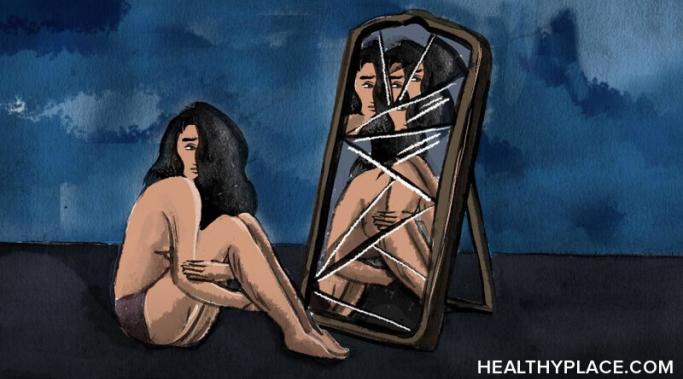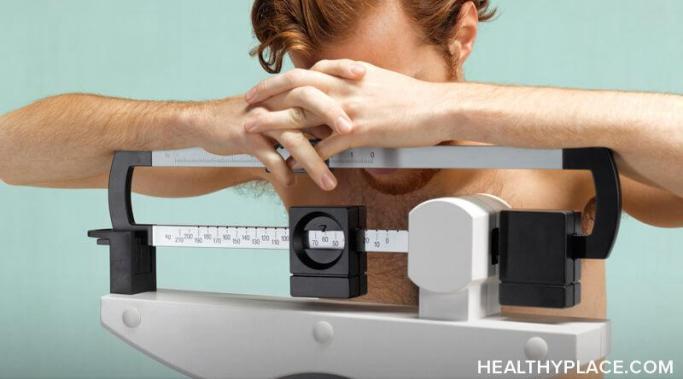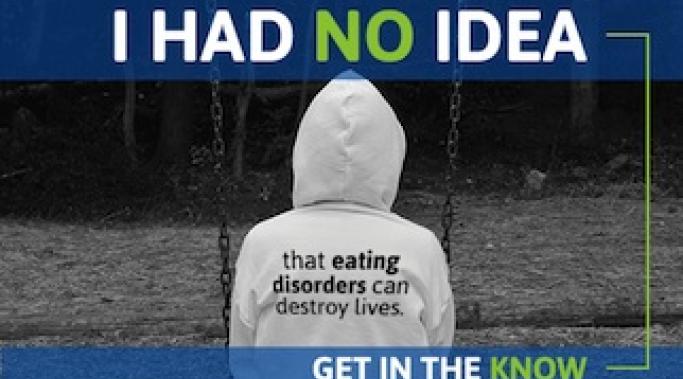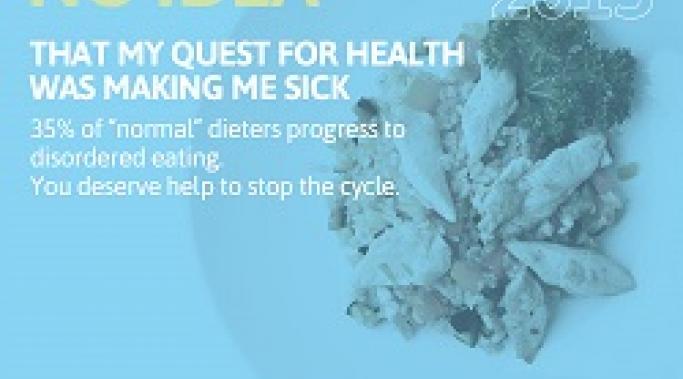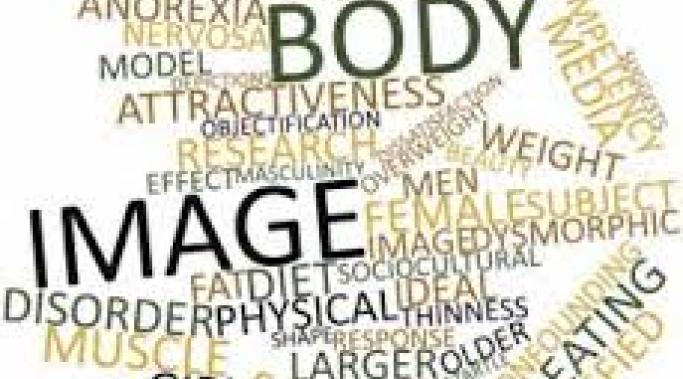Positive affirmations in eating disorder recovery can be life-savers. "I am more than a body," is one of the most crucial eating disorder mantras to adopt because one of the harmful myths an eating disorder will urge you to believe is that physical appearance is all you can offer this world. But the truth is you are more than a body. Adopting positive affirmations in eating disorder recovery helps you heal, and here's what makes this one affirmation crucial.
Eating Disorder Stigma
Sexism contributes to the prevalence of eating disorders in women, but on the flip side, approaching eating disorders from a feminist outlook can be an important tool for recovery. Our social constructs view gender through a binary lens in which men are the objectifiers and women are the objectified, causing female bodies to be sexualized. This idea makes women feel pressured to meet the conventional standards of beauty, often resorting to extreme behaviors if their physical features are outside the “norm.” But dismantling these restrictive and harmful stereotypes could promote more body acceptance in our culture. Because sexism and eating disorders are connected, a feminist perspective can help to reverse this issue.
Eating disorders not otherwise specified (EDNOS) are frequently stigmatized and misunderstood in mainstream culture, like most forms of mental illness. Many who lack firsthand experience tend to label eating disorders as a rich and thin white woman’s issue, but the reality is that eating disorders affect people of all backgrounds and demographics. They transcend racial, gender, and socioeconomic barriers. They are diverse and non-discriminating. In other words, anyone can be an eating disorder sufferer, even those who don’t “fit the mold.” And that’s one reason eating disorders, especially EDNOS, are so dangerous—they're often a challenge to detect.
When you have an eating disorder, you need to know what to tell an eating disorder treatment decision-maker. After all, having an eating disorder sucks and being worried about affording, or being denied eating disorder treatment, adds to the suckiness. During my stay at an inpatient facility, one of the girls threw up blood, and still, her insurance kicked her out after 11 days. Another girl with anorexia was there before I arrived and stayed after my release. To insurance companies, people are words on a page. They don’t know us. Even if they saw a picture, they might think we’re fine when we’re not. What they don’t know, is that just because we don’t look like a skeleton, it doesn’t mean we’re not at risk of dying. Here's what eating disorder treatment decision-makers need to know.
There are a lot of things I wish insurance companies knew about eating disorders, but the reality is, the people who are deciding whether or not to pay for our eating disorder treatment are not always our doctors. They can be case managers, or people whose first priority is to make the company money. If the insurance company can reasonably deny your claim, they will.
And this makes me unbelievably angry. Here's what I wish insurance companies knew about eating disorders.
I had been in outpatient therapy for six months. I was seeing a dietitian. I was made to attend an eating disorder support group. Even given all those interventions, if you asked me, I didn’t have an eating disorder. I was a healthy eater who maybe had a few “funny” things around food. It's hard to tell the difference between a diet and an eating disorder for some.
National Eating Disorders Week 2015 officially runs from February 22-28. I think that sometimes it is easy to blow this week off every year, because the reality is that we are at a point (at least in the United States), where most people are fairly "aware" of eating disorders. For the most part, people are familiar with anorexia, bulimia, or binge eating and may even know someone who suffers but we still need Eating Disorders Awareness Week.
I often say, and write, that my eating disorder never defined me, not its diagnosis, nor the stigma attached to suffering through the illness. Even today, I'm open about the fact that I deal with food anxiety and no, I'm not ashamed of that either.
In the context of peer support, I'm often asked about what eating disorder recovery means to me and how I 'got' here. Basically, I'm asked to sort of summarize the most important thoughts I went through while battling the disease; or now, looking back on it. I'm happy to share with you readers some of my most personal truths discovered along the way; things I know for sure about myself and about what my recovery was like, and also in regards to how I feel about my history with bulimia.
On Tuesday, I started studies for my Master's degree. (In expressive arts therapy, if you were wondering.) And around the country, schools and universities are returning to session and one of the most common "get-to-know-you" questions is "What did you do this summer?" If you were lucky enough to go to an eating disorder treatment center during the summer months, or during a school break, you might be able to make something up. But what if you're in a career and just had to take off three or six months for eating disorder treatment? How do you explain that?
